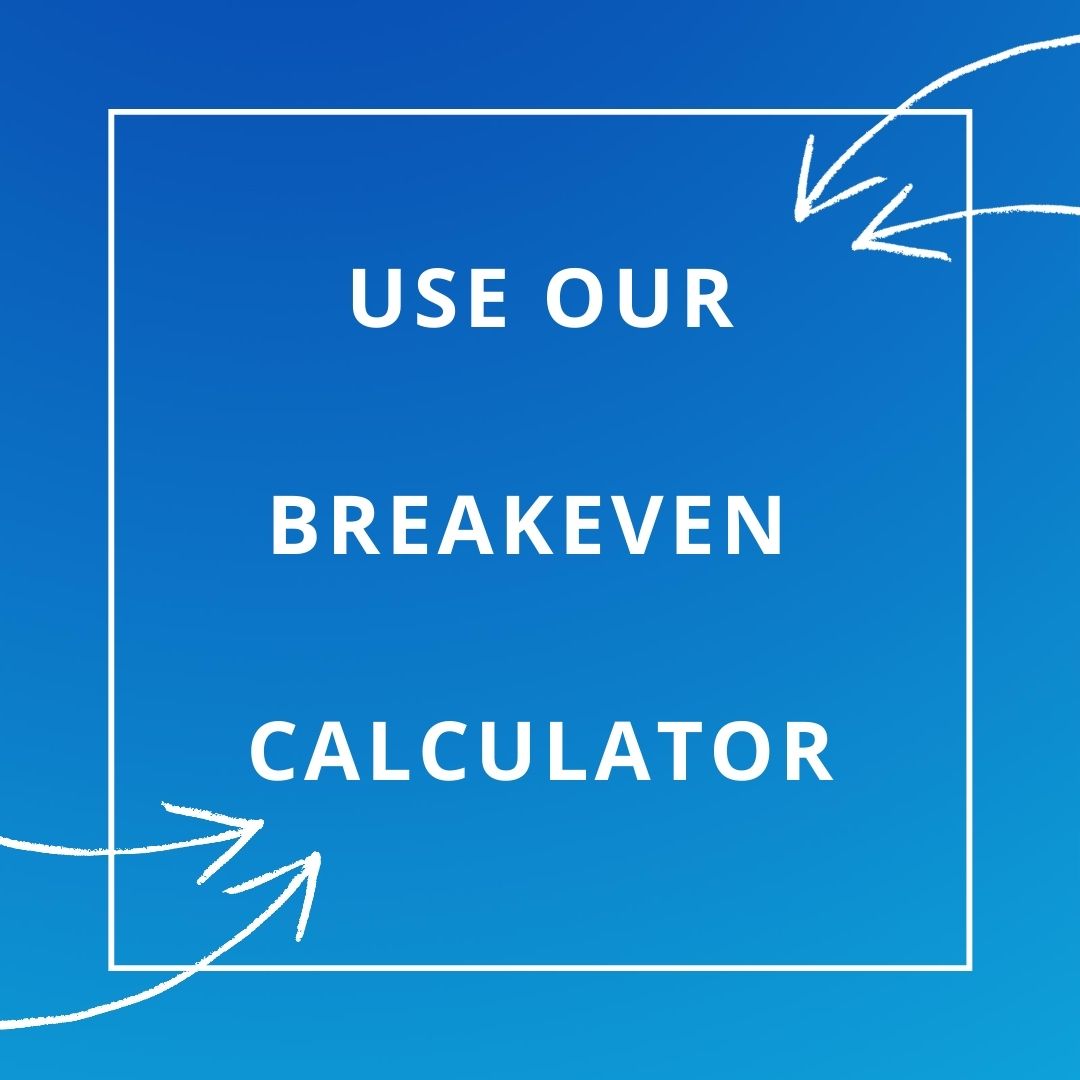
Mortgage rates are at an all-time low. The Mortgage Bankers Association just announced that the average rate for a 30-year mortgage is 3.06%*. That’s basically free. Current inflation is around 1-1.2% and historically approximately 2.3%, so mortgages only costs you 1-2% in interest. Now is a great time to refinance.
But is it the Right Time For You?
Just because interest rates are meager does not mean you should refinance. There are some situations where it could hurt. Answering these questions should give you a more precise answer to this question.
How Long Will You Live In This House?
If you plan to move in the coming years, it is probably not a good idea to refinance. The typical refinance will cost you somewhere around $3,000 in closing costs and fees. The general rule of thumb is only to refinance if you will own it for more than seven years.
While the 7-year guideline works, it oversimplifies your situation. Smaller mortgage balances will take longer to recoup the closing costs, while larger mortgages may save enough interest in one to two years.
The best way to make this decision is to do a little math. Don’t worry; it won’t be hard. You will need two numbers; your closing costs and your monthly savings. The monthly savings is just your previous payment minus your new payment.
Now you have all the information needed to divide your closing costs by the monthly savings. For example, if your closing costs are $3,000 and you will save $100 per month, you will end up with the number 30. This number tells you it will take you 30 months to “breakeven.” If you plan on living in the home for more than 30 months, you can refinance and expect to save money.
Should I Switch to a 15-Year Mortgage?
With interest rates where they are today, I generally recommend a 30-year mortgage, but there are some instances where a 15-year mortgage is beneficial. If you plan on moving in the next few years, three or more, then switching to a 15-year mortgage can be very helpful.
Depending on how far into your current mortgage, switching to a 15-year mortgage may not change your payment much, and may allow you to build equity quicker. By building equity faster, you are using it as a savings account for your next home purchase.
This calculation is not as easy as the previous calculation. You would need to look at amortization tables and compare future loan balances at dates where you may look to sell.
Refinancing to a 15-year mortgage is also a good strategy as you approach retirement. You must pay off your home as you enter retirement. The cost of servicing a mortgage is often more than any income a retirement asset can generate.
On the other hand, if you are young and have a home, you expect to be in for a while, switching to a 15-year mortgage may not make sense. You may not benefit from the longterm interest savings.
What Would I do With The Equity
A popular mortgage move is to take the equity out of your house and either pay for a major expense or pay off debt. If there was ever a time to do this, now is the time; but it is not always smart.
Refinancing to consolidate date can lower your interest costs and even your monthly expenses. Still, without taking control of the overspending that caused the debt, you are very likely to end up in the same place in a few years. Instead of taking a “cash-out” mortgage, you should create a debt plan that will teach you how to control your spending and help you pay down your debt quickly. This approach is often better than stretching your debt out on a 30-year mortgage.
Major purchases are a different story. If it is a Disney Vacation Club membership, you may be making a mistake. I love Disney vacations, but it’s not a smart move with your equity. On the other hand, upgrades to your home may not be as terrible of an idea.
If the upgrades are part of a long term plan that allows you to stay in the home longer and helps to prevent future, more costly, repair costs, it may be smart to make repairs via your home equity.
https://www.thestreet.com/investing/us-30-year-mortgage-rates-fall-to-new-all-time-low-of-3-06
For informational purposes only. It is important to consult a professional before implementing any strategies or ideas.
